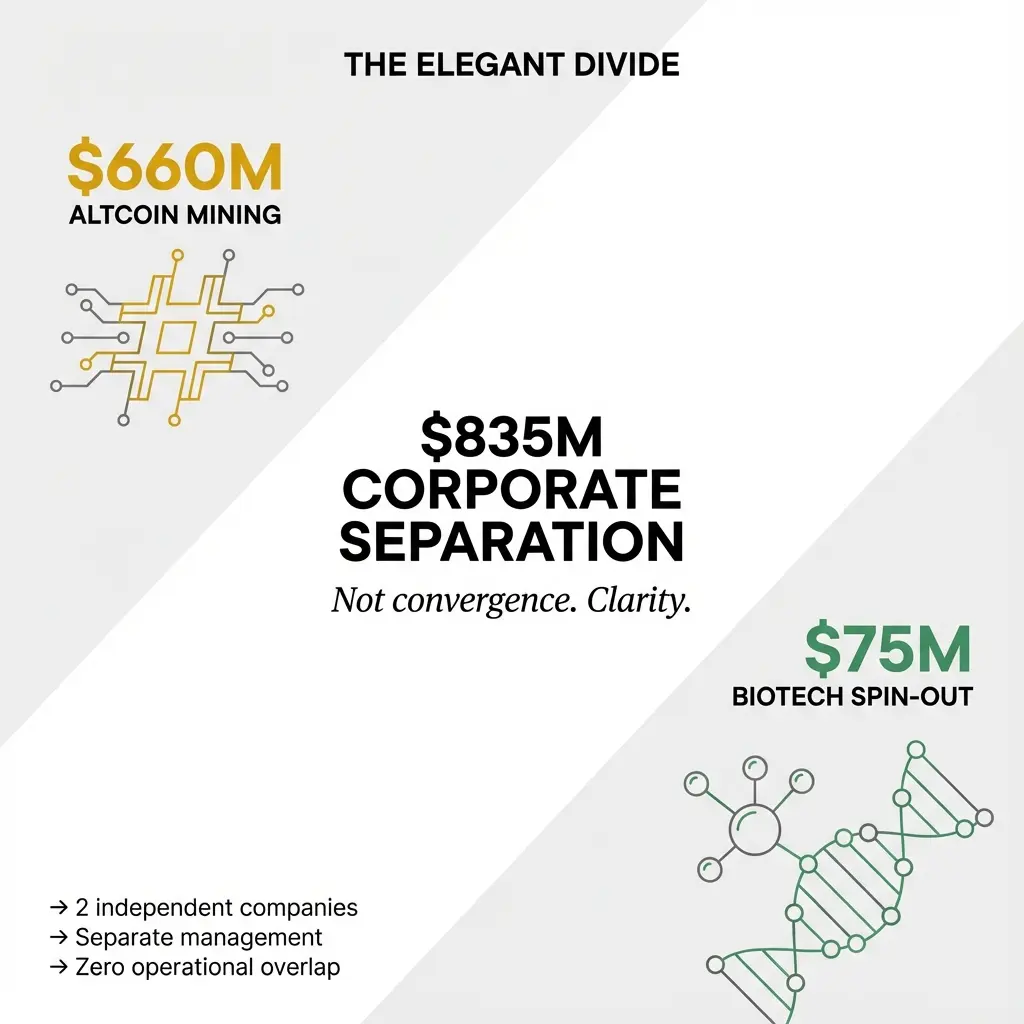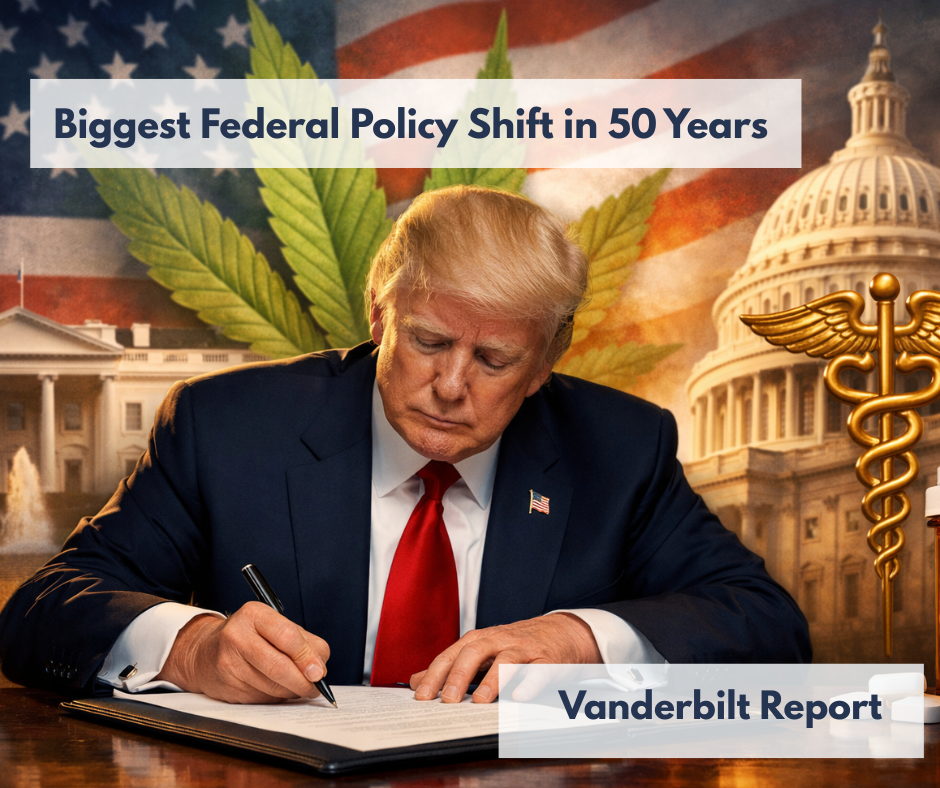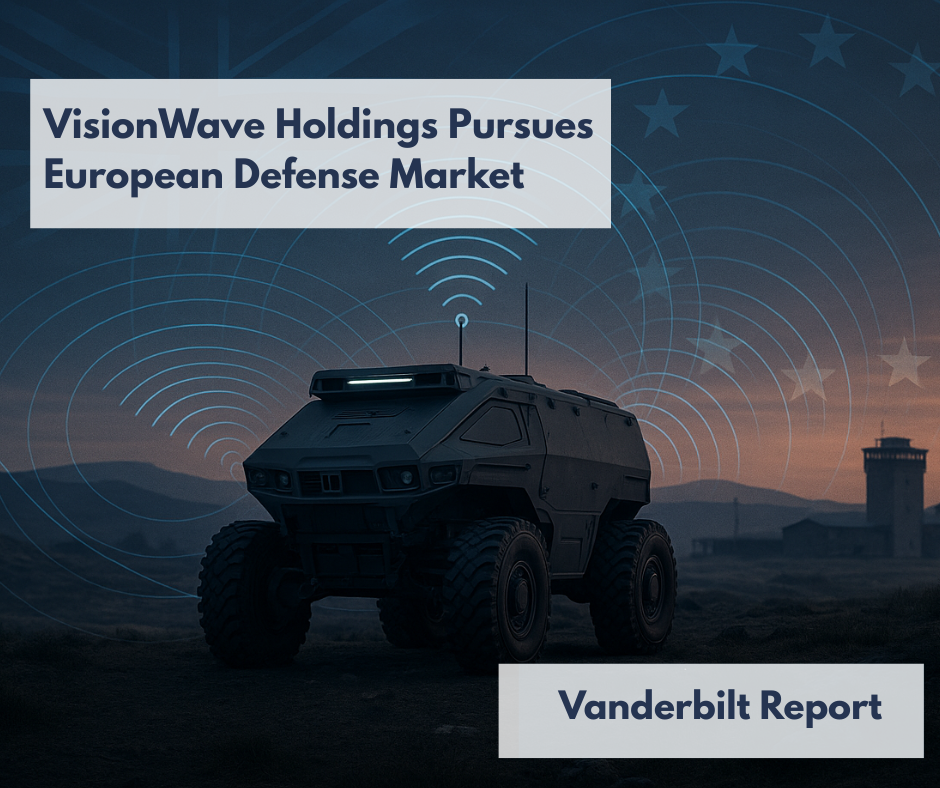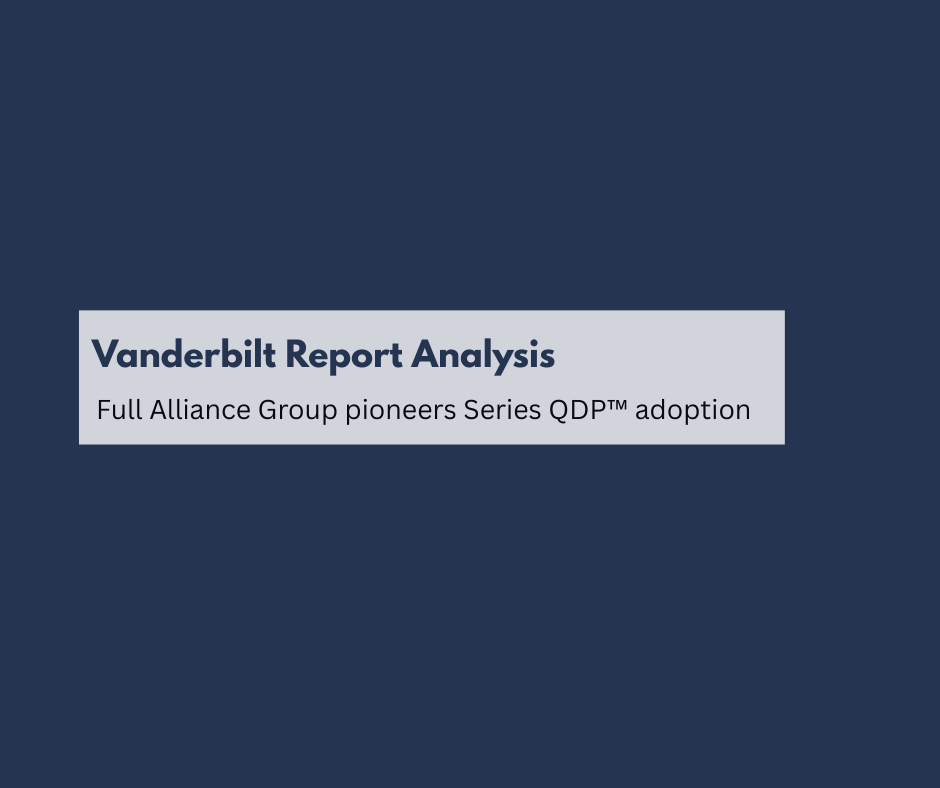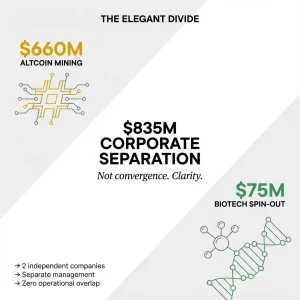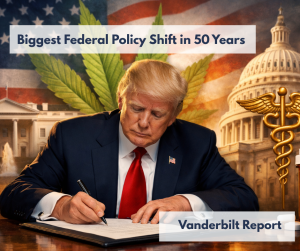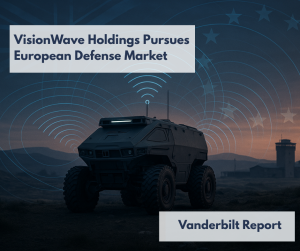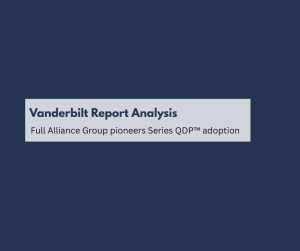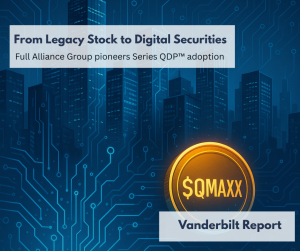Three deals. Four months. Eighty-two billion dollars.
The first half of 2025 delivered a consolidation wave that rewrote the rules of corporate acquisitions. Google’s $32 billion Wiz purchase shattered its previous record by $20 billion. Constellation Energy absorbed Calpine for $26.6 billion. Global Payments captured Worldpay at $24.25 billion.
“Each deal tells a different story.
Together, they reveal something bigger.”
The Security Arms Race Heats Up
Google’s Wiz acquisition represents more than record-breaking spending. The cybersecurity startup achieved something remarkable: $100 million in annual recurring revenue within 18 months of launch.
That growth rate explains the premium valuation.
But the deal’s backstory reveals strategic desperation. Wiz initially rejected a $23 billion offer last July, choosing to pursue an IPO instead. The public markets never opened. Google returned with 40% more cash.
The timing matters. AI-powered cyber threats have accelerated since ChatGPT’s launch in late 2022. Organizations need cloud-native security solutions that can match the speed of AI-driven attacks.
Wedbush analysts called the acquisition “a shot across the bow” at Microsoft and Amazon. Google appeared to fall behind in the cloud security race. This deal changes the competitive landscape overnight.


Energy Infrastructure Meets AI Demand
Constellation Energy’s Calpine acquisition operates on a different thesis entirely. The combined entity becomes America’s largest independent power provider, controlling 60,000 megawatts of operating capacity.
The CEO’s assessment cuts straight to the point: “Demand for our products is expected to grow by levels we haven’t seen in a lifetime.”
AI data centers consume massive amounts of electricity. Transportation electrification hit record adoption rates this year. The infrastructure to support both remains inadequate.
Constellation positioned itself ahead of this demand surge. The company secured unprecedented power purchase agreements, including resuming Three Mile Island operations specifically for Microsoft’s data centers. It locked in $1 billion worth of nuclear power contracts with the federal government.
The Calpine acquisition adds 31,478 MW of gas generation and 22,238 MW of nuclear capacity. That combination provides the reliable baseload power AI infrastructure requires.

Payments Consolidation Continues
Global Payments’ Worldpay acquisition completes a different consolidation story. The combined entity will serve over six million customers, processing 94 billion transactions annually across 175 countries.
Investor reactions split dramatically. Global Payments stock dropped 17% while FIS shares rose 9%. The market questioned integration risks given Global Payments’ track record of over 20 acquisitions.
The payments industry has been restructuring for years. FIS originally bought Worldpay in 2019 for $43 billion, then sold to GTCR, which now flips it to Global Payments. Major payment processors keep getting reconfigured as the industry seeks optimal scale and capabilities.
What The Pattern Reveals
These deals share common drivers despite operating in different sectors. Regulatory optimism under the Trump administration opened doors for large acquisitions that might have faced scrutiny previously.
AI infrastructure demands created urgent needs across cybersecurity, energy, and payment processing. Companies with solutions to these needs commanded premium valuations.
Market consolidation accelerated as leaders recognized the window for transformative acquisitions. The cost of building capabilities internally exceeded the price of acquiring them, even at record valuations.
The Implications Ahead
This consolidation wave signals a fundamental shift in how large corporations approach growth strategy. Organic development takes too long when market needs evolve at AI speed.
Expect more record-breaking acquisitions as remaining leaders respond to competitive threats. The companies that moved first in 2025 gained significant advantages. Others must now pay even higher premiums or risk falling further behind.
The eighty-two billion dollar question becomes: which industry consolidates next?


